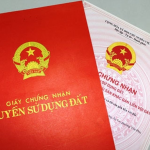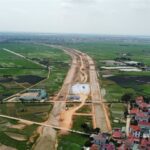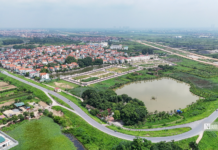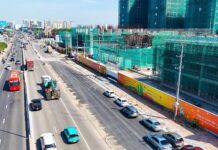On August 18, Ho Chi Minh City organized a program titled “People Ask – Authorities Answer” regarding the 2024 Land Law and its implications for citizens’ rights and responsibilities, as well as governmental duties.
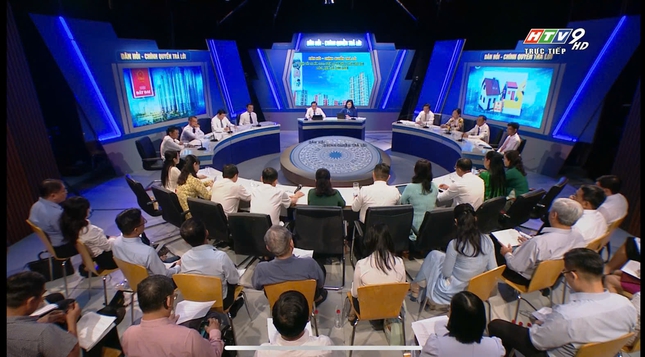
The “People Ask – Authorities Answer” program on August 18 discussed the 2024 Land Law.
During the program, citizens raised numerous questions about the adjusted land price framework that is currently under development.
Who will be held accountable for any damages incurred?
Mr. Nguyen Van Ban, Secretary of the Party Cell of Ward 11 (Long Thanh My Ward, Thu Duc City), inquired about the city’s research basis for setting the adjusted land prices close to market rates. He also asked about the intended use of the new land price framework and its potential impact on citizens.
Many citizens also shared that they had submitted applications for land-use conversion but had not received a response from the land registration office. They sought clarification on whether the adjusted land prices would apply to their cases and how the land-use fees would be calculated.
Citizens raised concerns about accountability and wanted to know which entity would be held responsible if any damages occurred due to the implementation of the new land price framework.
Responding to these concerns, Mr. Nguyen Toan Thang, Director of the Ho Chi Minh City Department of Natural Resources and Environment, assured that the city is very cautious about the draft land price framework as it significantly affects organizations and citizens utilizing land in the area. Despite the official period for public feedback ending on July 26, the city has organized additional conferences to listen to and incorporate feedback on this matter.
Ho Chi Minh City has actively sought public opinion, conducted social criticism sessions, and will continue to gather feedback from the People’s Council. The Department of Natural Resources and Environment is committed to thoroughly considering all input. An independent council will also review the content before submitting it to the Department of Justice for final approval and subsequent presentation to the People’s Council.
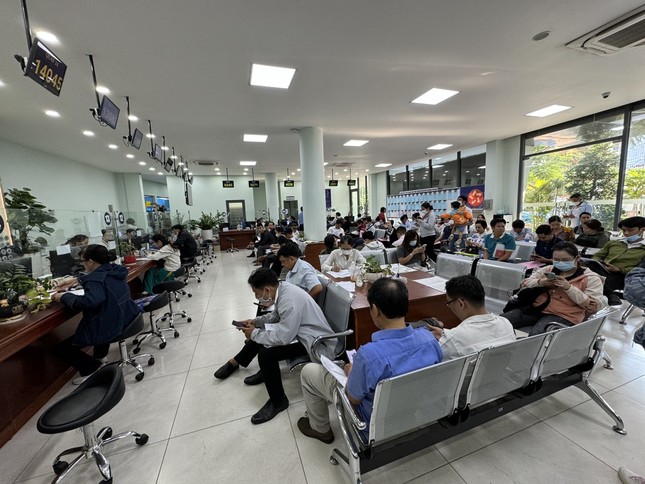
Despite the rush, many applications for land-use conversion submitted by Ho Chi Minh City residents are currently pending.
According to regulations, the land price framework serves as the basis for calculating financial obligations when conducting procedures for 12 different entities. The adjusted land prices will impact these entities’ financial responsibilities, including land-use fees, taxes, charges, and administrative violation fines.
Mr. Thang clarified that, as per the 2024 Land Law, if a province has decided to adjust land prices, the corresponding costs will be calculated based on the adjusted land price framework. However, Ho Chi Minh City has not yet issued the adjusted land price framework, and the departments have reported this matter to the city’s People’s Committee for submission to the Prime Minister for specific guidance.
He assured that this would not cause backlogs in land-related paperwork for citizens. While the responsible agencies must process the applications, the issue of fee collection requires further guidance from the Prime Minister.
Regarding the land price framework, Attorney Nguyen Van Hau, Vice Chairman of the Ho Chi Minh City Bar Association, noted that when news of the city’s impending issuance of a new land price framework spread, there was a surge in applications for land-use conversion and land-use right certificates. However, many applications submitted by citizens on August 1, the effective date of the 2024 Land Law, are currently pending, even though the tax departments of districts and Thu Duc City continue to accept applications.
Attorney Hau raised the question of when these pending applications would be processed if citizens had submitted all the necessary documents.
Seeking Prime Minister’s Guidance
Mr. Bui Xuan Cuong, Vice Chairman of the Ho Chi Minh City People’s Committee, stated that early next week, the People’s Committee will report to the People’s Council to receive their feedback before submitting it to the City Party Committee’s Standing Board. He emphasized that the adjusted land price framework must align with both the 2024 Land Law and the city’s practical situation.
Mr. Cuong acknowledged the challenge of determining which land price framework to apply to financial obligations arising after August 1. He noted that this issue is not unique to Ho Chi Minh City but is a concern for many other localities as well. To address this, the People’s Committee will submit a report and seek guidance from the Prime Minister, the Ministry of Natural Resources and Environment, and the Ministry of Finance early next week.
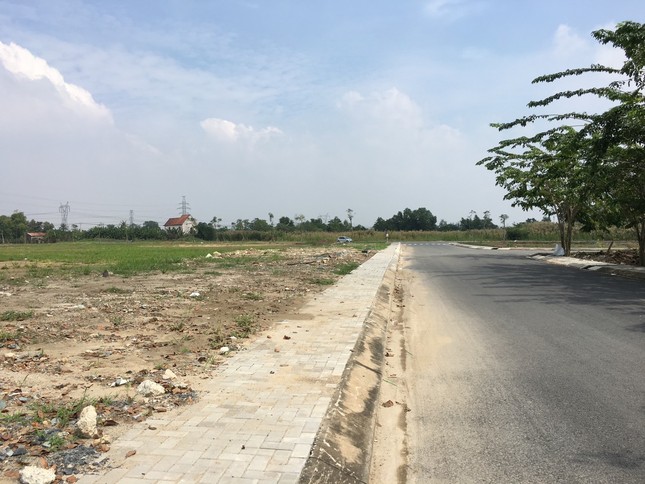
According to Ho Chi Minh City’s recently published draft land price framework, the highest increase is up to 51 times the previous price.
At the end of July, the Ho Chi Minh City Department of Natural Resources and Environment released a draft land price framework to amend Decision No. 02/2020-QD-UBND of the Ho Chi Minh City People’s Committee.
According to this draft, one district and four counties will experience land price increases of over 30 times the current rate in certain locations, with the most significant increase being 51 times in Hoc Mon County. Specifically, land prices in District 1 will increase by five times, District 3 by four to nine times, District 4 by 11 times, Districts 5 and 7 by six times, District 6 by five to 11 times, District 8 by four to 18 times, District 10 by five to six times, District 11 by four to nine times, District 12 by three to 33 times, Binh Thanh District by five to 13 times, Go Vap District by seven to 11 times, Phu Nhuan District by seven to eight times, Tan Binh District by seven to 12 times, Tan Phu District by seven to 17 times, Binh Tan District by nine to 17 times, Thu Duc City by six to 35 times, Hoc Mon County by five to 51 times, Cu Chi County by nine to 31 times, Binh Chanh County by two to 36 times, Nha Be County by seven to 23 times, and Can Gio County by eight to 23 times.
The Ultimate Guide to Navigating Ho Chi Minh City’s Land Value: Unveiling the Mystery Behind the Unadjusted Land Price Schedule
The new land price list in Ho Chi Minh City is a comprehensive seven-step process. The Department of Natural Resources and Environment has successfully completed six of these steps, meticulously adjusting and fine-tuning all the data. This refined data has now been handed over to the assisting team of the Ho Chi Minh City People’s Council for their expert review and evaluation.
The Big Players Enter the Game: Expanding the Pool of Buyers for Agricultural Land
The 2024 Land Law stipulates that individuals not directly engaged in agricultural production are permitted to receive land transfers or be gifted rice field land. This has sparked interest from investors who are now seeking to purchase agricultural land, anticipating future demand.



























